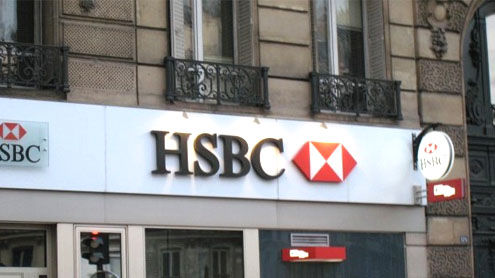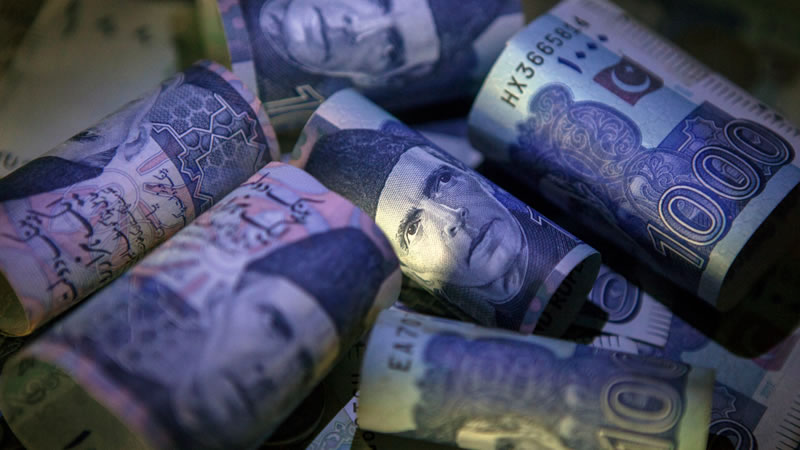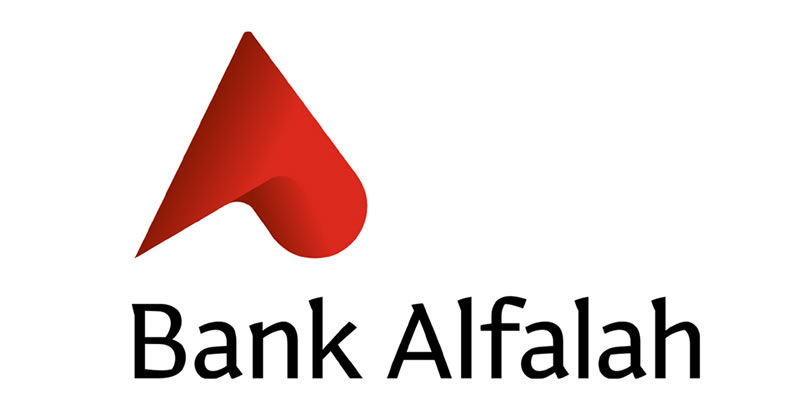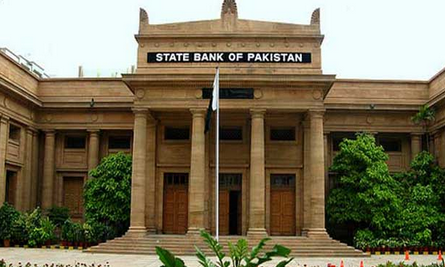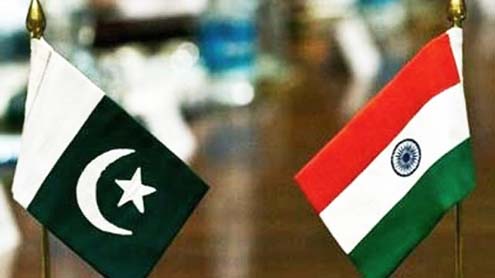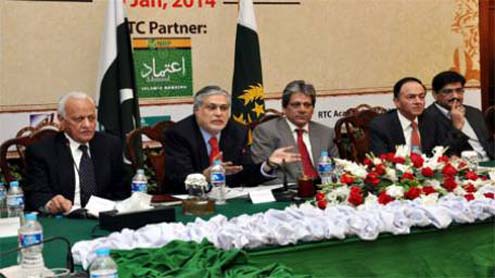
Four days after HSBC Holdings said it would shrink its global Islamic banking operations, National Bank of Abu Dhabi revealed very different plans: it aims to triple the contribution of its sharia-compliant operations over the next eight years.
The contrast suggests that rather than being a sign of weakness in the Islamic finance sector, HSBC’s decision reflected its own business priorities – and to the extent that the British bank pulls back from the industry, local banks will gain an opportunity to expand.HSBC announced early this month that except for wholesale banking operations, it would no longer offer Islamic products in Britain, the United Arab Emirates, Bahrain, Bangladesh, Singapore and Mauritius.
It said it would focus its Islamic finance business on customers in Malaysia and Saudi Arabia, while keeping a limited presence in Indonesia.Through its HSBC Amanah arm, headquartered in the UAE, HSBC was a pioneer in the industry and it operated the largest Islamic business of any Western bank, so the news sent ripples through the sector.
Some analysts speculated the decision reflected doubts about the long-term profitability of Islamic banking – perhaps dissatisfaction with costs that can be higher than conventional banking in some areas. Frequent asset transfers can attract repeated taxation, while buying the expertise to structure complex sharia-compliant transactions is expensive.
The details of HSBC’s announcement, however, suggest the bank will not come close to pulling out of Islamic finance, and may even continue growing in some parts of the industry. The bank estimated it would keep about 83 percent of its Islamic business revenue after the move.HSBC also stressed it would keep its wholesale Islamic banking operations, which are believed to be more profitable than retail and include its business of arranging issues in the Gulf’s booming sukuk market, where it is a leader.
“The impact on the competitive landscape and the Islamic banking market as a whole will be minimal, as the closures affect only relatively small Islamic banking markets or countries where HSBC’s retail banking presence is limited,” said Alexander von Pock, principal at consultancy A.T. Kearney.
PRESSURES
Faced with financial pressures in struggling European and U.S. markets, and increased regulatory demands as Basel III global banking standards start to take effect, HSBC and other Western banks are being forced to prune their operations in both Islamic and conventional finance.An HSBC spokesman said the decision on HSBC Amanah followed a global strategic review, announced in May last year, which judged businesses on their compatibility with global strategy and the need to allocate capital efficiently.
“In conventional banks, an Islamic window is non-core business, and hence banks may be exiting to refocus on core business,” said John Chang, head of retail banking at Dubai-based Noor Islamic Bank.In fact, HSBC moved to scale back its Islamic business more slowly than it pruned its conventional operations; it has already divested assets in over 26 countries, including the United States, South Korea and Pakistan.
In the case of the Islamic operations, the decision was protracted, said a former HSBC Amanah director, who declined to be named because he was not authorised to speak to media.Internally, the unit was able to argue that it was profitable but its weakness was that it lacked scale compared to HSBC’s huge conventional operations, the director said. “The retail business is profitable, but it is a very tiny business.”
HSBC’s pull-out from Islamic retail banking operations in the UAE, the Arab world’s second biggest economy, is expected to put the biggest dent in its growth. But bankers and analysts said it made sense given regulation and funding trends faced by Western banks.“The retreat is more in retail banking, where especially in the UAE, international banks are only allowed to operate eight branches, which gives them no competitive edge with domestic banks who on average operate 40-50 plus branches,” Moinuddin Malim, chief executive of Dubai institution Mashreq Al Islami , told Reuters.
Before the global financial crisis erupted in 2008, Western banks could expect to enjoy two advantages when competing with local banks in the Gulf: cheaper costs of funding, and better access to overseas financial markets.Both these advantages have now faded, said Sohail Shafiq, vice president at Bank Sarasin-Alpen in Dubai. “The costs of the foreign banks have risen due to downgrades, and the returns on foreign assets have lost their glitter.” – Khaleejnews
EXPANSION
Days after HSBC’s announcement, Michael Tomalin, chief executive of National Bank of Abu Dhabi, the second-largest bank in the UAE by assets, said his bank would boost its Islamic operations partly by introducing sharia-compliant services in Egypt, Oman and Malaysia.NBAD aims to derive up to 10 percent of its operating income from Islamic banking by 2020, up from 3 percent currently, he said at the launch of the bank’s Malaysian subsidiary.
Other Gulf institutions also plan to grow in the sector. Dubai-based investment bank Shuaa Capital is seeking to increase its share of sharia-compliant business through the Islamic window of its credit division, a company spokesman said.Chang said it would be premature to expect any trend for Western banks to pull back in Islamic finance.“It is too early to make any snap judgments. HSBC, RBS, BNP and Deutsche Bank have created separate desks to cater to Islamic structuring, and this speaks for itself,” he said.
But to the extent that the Western institutions do scale back, Gulf banks will eager to take their place, said Shafiq.“There is a very good chance that if they provide the sophistication and the suite of products currently put together by foreign banks, they could gain a major chunk of the business.”HSBC did not detail how it would handle clients in the six countries where it will cut Islamic business, or give a monetary value for the size of the business.
“We will ensure that we maintain account services for existing customers, with appropriate sharia oversight, as they transition to alternative arrangements,” the bank said.The experience of Qatar suggests some of HSBC Amanah’s customers in affected countries may not leave HSBC but instead move to the conventional side of the bank, limiting the windfall for other banks.After Qatar last year banned conventional banks from offering Islamic services, the flow of deposits to Islamic banks was smaller than expected; many depositors stayed loyal to their institutions. By some estimates, 60-70 percent of bank customers base their choice of bank primarily on pricing and service quality rather than religious permissibility. – Khaleejnews


